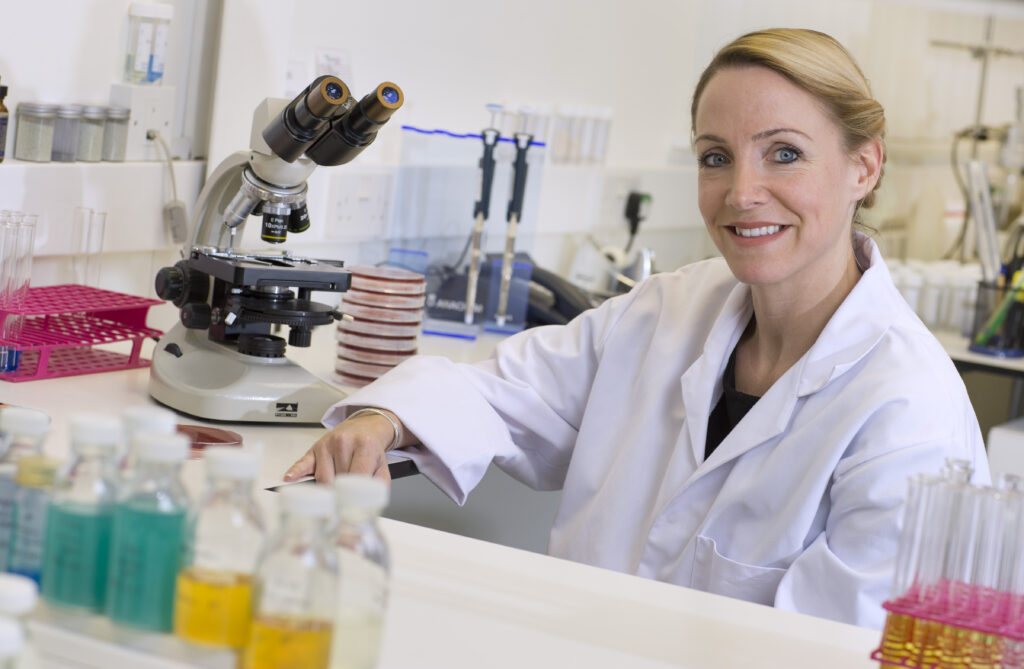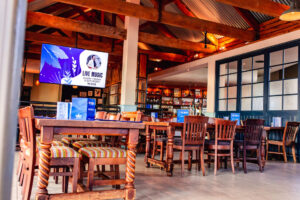Genesis Biosciences joins consortium to tackle antimicrobial resistance

01/12/2015 Pics (C) Huw John, Cardiff. MANDATORY BYLINE - Huw John, Cardiff Genesis Biosciences, Cardiff e-mail: mail@huwjohn.com Web: www.huwjohn.com
Genesis Biosciences has joined the COMBAT AMR consortium which aims to understand and control the emergence and dissemination of antimicrobial resistance in complex drain biofilms.
Under the leadership of Professor Jean-Yves Maillard of Cardiff University, Genesis Biosciences will collaborate with the university and other European educational institutions on the research project.
Antimicrobial resistance is a significant global challenge and is listed on the UK government’s National Risk Register as a chronic risk that poses continuous challenges. The government’s vision is for antimicrobial resistance to be contained and controlled by 2040 and it is publishing five-year national action plans to achieve this.
Antimicrobial resistance occurs when organisms that cause disease evolve and are no longer affected by antimicrobials including antibiotics, antifungal and antiviral medicines. It is a natural phenomenon but is rapidly accelerating due to factors including misuse or overuse of antimicrobials in humans and animals, environmental contamination and poor infection control practices.
Biofilms, communities of microorganisms living on surfaces, are the most common mode of bacterial growth and harbour pathogens, particularly antimicrobial and multidrug resistant pathogens. Due to their ubiquitous nature, biofilms are recognised as a major cause of antimicrobial resistance.
The COMBAT AMR consortium is studying drain biofilms from farms, healthcare settings and homes to understand the complexity of biofilms in different environments and the persistence of antimicrobial genes and multidrug resistant organisms within those biofilms.
The consortium is using a new multi-species biofilm model based on research by Dr Kate Ledwoch, Laboratory Manager at Genesis Biosciences, and fellow scientists which was published in the Journal of Hospital Infection in 2020.
The innovative model will be used during the project to measure the efficacy of several interventions to control the biofilms, explore the phenotypic characterisations of the key pathogens and establish an impact intervention to control antimicrobial resistant organisms on their resistance genes within the biofilms.
Dr Emma Saunders, General Manager at Genesis Biosciences, said: “Antimicrobial resistance is a threat to both human and animal health, impacting the ability to treat infections and ensure food security. As biofilms act as a reservoir for harmful, resistant pathogens, it is important to improve our understanding of antimicrobial genes and the impact of disinfection on complex biofilms.
“We are looking forward to working with Cardiff University and the other members of the consortium to help tackle this global challenge.”





